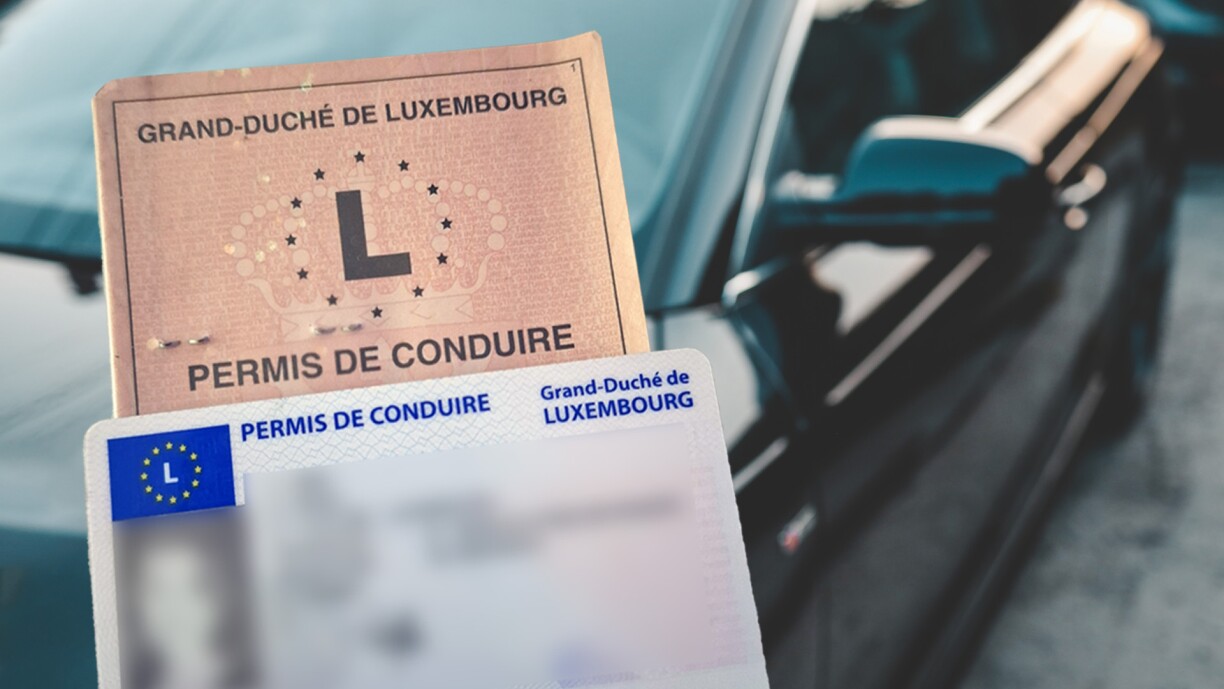
The European Parliament voted on Tuesday to introduce a single European driving licence, passing a key reform that will standardise rules across the bloc.
The final vote, held on Tuesday afternoon, formally approved the new regulations after negotiators for the Parliament and member states had reached a provisional agreement at the end of spring 2025. The legislation received majority support from MEPs.
The reform establishes that a single, digital European driving licence will be introduced by 2030. The licence will be accessible via a smartphone app, though a physical credit-card format will remain available upon request. Its validity will be standardised to 15 years.
The legislation also introduces several key changes to age requirements. The minimum age for obtaining a bus or lorry licence will be lowered to 18 across the EU, and the age for accompanied car driving will be harmonised at 17.
The new rules introduce additional knowledge requirements for learner drivers, including topics such as driver assistance systems and the dangers of using a phone while driving. Novice drivers, those within the first two years of obtaining their licence, will also face stricter penalties for offences such as driving under the influence.
In a significant step towards tougher enforcement, the new rules standardise the handling of serious traffic offences across member states. This means that a driver who has their licence revoked in one EU country for a serious offence will automatically have it recognised as revoked in all others – a measure targeting offences such as driving under the influence of drugs or alcohol, repeated serious speeding, or causing severe accidents. However, the reform stops short of introducing a European-wide points system.
A previously proposed measure for mandatory tests for drivers over the age of 70 was removed from the legislation prior to the vote. This followed strong opposition, led notably by Germany with support from Belgium and Austria.
The legislation now only requires the final, and largely formal, approval of the Council of the European Union before it can enter into force.